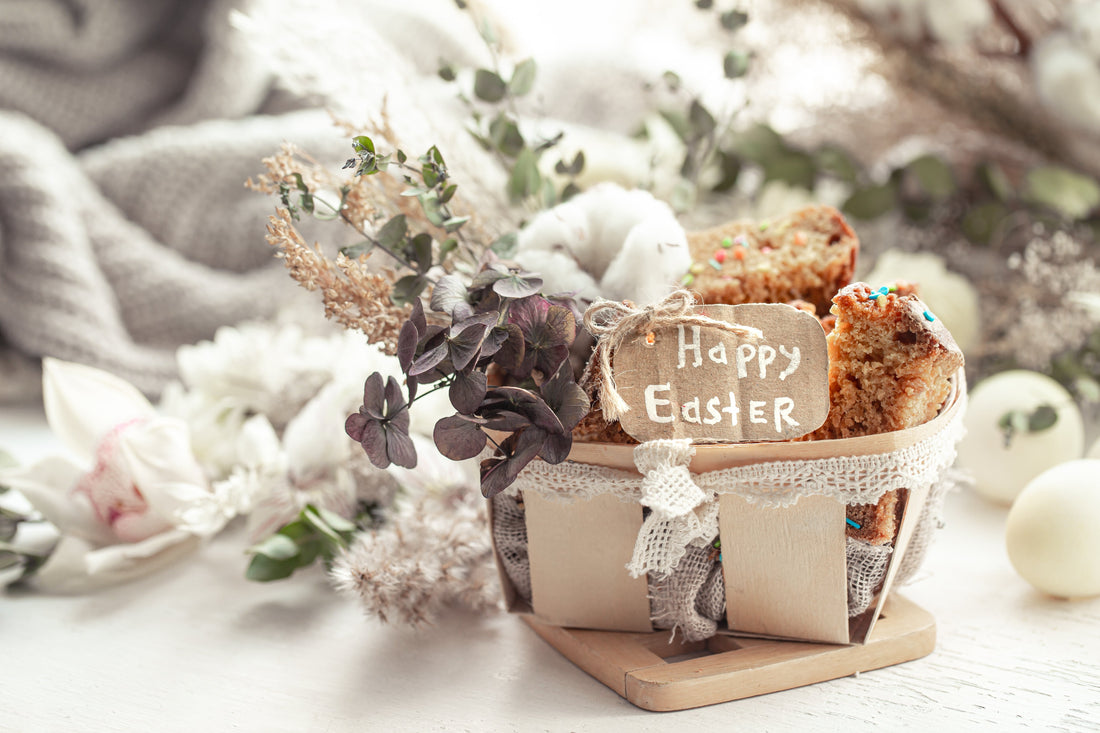
From Resurrection to Easter Bunny: The Evolution of Easter Traditions

Easter is a holiday celebrated by millions of people around the world. It is a time of renewal and rebirth, and it holds a special place in the hearts of Christians as the day of the resurrection of Jesus Christ. But Easter is more than just a religious observance – it is also a cultural phenomenon with a rich history and a diverse set of traditions and customs that have evolved over time.
In this blog post, we will explore the evolution of Easter traditions, from its origins in Christian celebrations of the resurrection to the incorporation of pre-Christian symbols of spring and fertility and the controversies and debates that continue to shape the holiday today.
Origins of Easter Traditions
The origins of Easter traditions can be traced back to the early Christian celebrations of the resurrection of Jesus Christ. According to the Bible, Jesus was crucified and died on a Friday, now known as Good Friday. He was buried in a tomb, and three days later, on the Sunday following his crucifixion, he rose from the dead. This event is known as the resurrection and is considered the cornerstone of the Christian faith.
Early Christian celebrations of the resurrection were solemn and reflective, with prayers, fasting, and church services. But over time, the celebrations evolved to incorporate elements of pre-Christian traditions and symbols of spring and fertility.
Incorporation of Pre-Christian Traditions
Incorporating pre-Christian traditions into Easter celebrations reflects how Christianity has adapted and evolved over time. As Christianity spread throughout Europe and other parts of the world, it encountered a wide variety of cultures and beliefs, and it often incorporated local customs and symbols into its own traditions.
One of the most well-known examples of this is the Easter egg. Eggs have long been associated with fertility and new life in many cultures, and in pre-Christian times, they were often used in spring festivals and rituals. When Christianity spread to Europe, the egg became associated with Easter, and people began decorating and exchanging eggs as a symbol of new life and resurrection.
Another pre-Christian symbol that was incorporated into Easter celebrations is the Easter bunny. The origins of the Easter bunny are not entirely clear, but it is believed to have come from German folklore. The hare symbolized fertility and new life in pre-Christian times, and when Christianity spread to Germany, the hare became associated with Easter. The idea of an Easter bunny delivering eggs to children spread to other parts of Europe and eventually to the United States.
Regional and Cultural Variations in Easter Celebrations
The diverse customs and traditions associated with Easter around the world reflect how Christianity has adapted and evolved in different cultural and historical contexts.
For example, in many Latin American countries, Easter is celebrated with processions and parades, often featuring large statues of Jesus and other religious figures. In Mexico, people create colorful altars and decorate them with flowers, candles, and religious icons.
In Greece, Easter is one of the most important holidays of the year. The week leading up to Easter Sunday, known as Holy Week, is filled with religious ceremonies and traditions, such as lighting candles and chanting hymns. On Easter Sunday, families enjoy a feast of roasted lamb and other traditional foods.
In Poland, Easter is celebrated with elaborate customs and traditions. Families prepare a special meal of traditional foods, including a sweet bread known as "babka," and decorate their homes with colorful eggs and Easter decorations.
Contemporary Issues and Controversies Surrounding Easter
The evolution of Easter traditions has also been the subject of controversy and debate. Some Christians believe Easter should be purely a celebration of the resurrection without incorporating pre-Christian symbols and traditions.
Others argue that incorporating pre-Christian symbols and traditions is a natural part of the evolution of the holiday and that it reflects how Christianity has adapted and evolved to incorporate diverse cultures and beliefs.
The Easter egg, in particular, has been the subject of controversy. Some Christians believe that the egg represents the tomb of Jesus Christ, while others see it as a purely secular symbol of spring and new life. Some Christians have also criticized the Easter Bunny for its pagan origins and its association with secular commercialism.
Another controversial issue surrounding Easter is the commercialization of the holiday. Many people today associate Easter with chocolate eggs, baskets, and other commercial products, rather than the religious observance of the resurrection. Some Christians argue that this commercialization has detracted from the true meaning of the holiday and that it has turned Easter into a consumerist event.
In addition to these controversies, there are debates over Easter's historical and cultural origins. Some scholars argue that Easter has its roots in ancient pagan festivals celebrating spring and fertility, while others believe that the holiday is purely Christian in origin. This controversy has led to debates over how Easter should be celebrated and whether certain Easter customs and traditions are appropriate for Christians.
Final Thoughts
Easter is a holiday with a rich history and diverse traditions and customs that have evolved over time. From its origins in Christian celebrations of the resurrection to the incorporation of pre-Christian symbols of spring and fertility, Easter reflects the way that Christianity has adapted and evolved to incorporate diverse cultures and beliefs.
While there are controversies and debates surrounding the holiday, it remains a significant event for millions of people around the world. Whether celebrated with church services, family gatherings, Easter egg hunts, or other traditions, Easter continues to hold a special place in the hearts of Christians and non-Christians alike as a time of renewal, rebirth, and hope.

